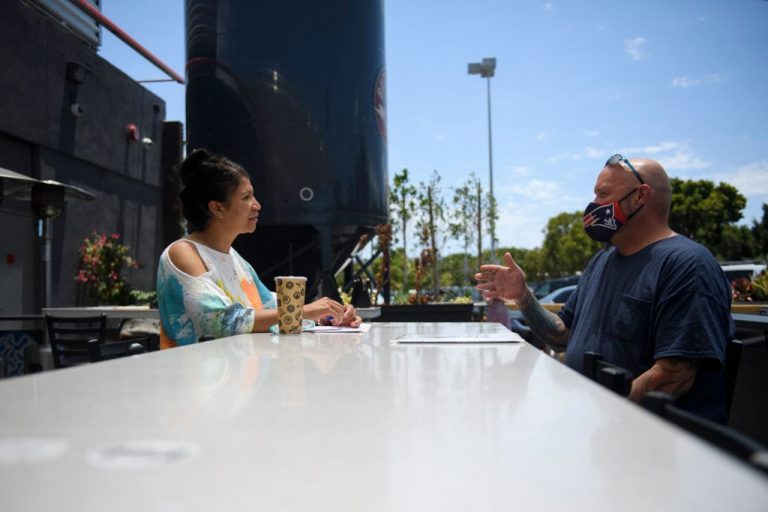The U.S. economy is projected to regain 1.84 million workers when federally sponsored COVID-19 unemployment insurance benefits end, a new survey says.
A July 14 article by analyst firm Morning Consult, relying on a poll the company conducted with 5,000 U.S. adults between June 22 and 24, discovered that while less than a third of UI recipients surveyed had turned down job offers during the pandemic, it was notable that “under half of those rejections were directly attributable to the generosity of UI benefits.”
Overall, Morning Consult found the top five reasons respondents who collect UI gave for turning down their employment opportunity were:
- Child care obligations – 14 percent;
- COVID-19 or reasons associated with the pandemic – 13 percent;
- Unemployment Insurance is paying enough money to keep them comfortable – 13 percent;
- Health or medical limitations – 13 percent; and
- Job offers paid poorly – 12 percent.
11 percent also were listed to have declined as a result of the prospective job not allowing respondents to work from home.
Morning Consult penned the 1.84 million figure based on the week of June 19’s unemployment statistics, which showed 14.1 million adults were receiving unemployment benefits calculated by the 13 percent who responded they turned down job offers because the faucet UI provided was sufficient to sustain their livelihoods.
Success
You are now signed up for our newsletter
Success
Check your email to complete sign up
In March, the Biden administration and the House of Representatives and Senate the Democrats currently control pushed through the first of three enormous spending bills, coined as the America Rescue Plan, a $1.9 trillion partisan effort promoted as a national coronavirus relief package, but which allotted as little as 6 percent of its spending to actual public health or COVID-19 matters.
The America Rescue Plan gave those absorbing UI a $300 weekly bonus in addition to existing funds.
According to the Washington Examiner, the national average for state UI before the bonus was $387 per week. With the Biden administration’s bonus, the sum worked out to an equivalent full time wage of $17.17 per hour to stay at home.
As a result, Morning Consult said, “Over the past few months, as jobs growth in April and May underperformed, many business leaders and politicians argued that increased unemployment benefits included in the American Rescue Plan were preventing unemployment insurance recipients from accepting positions and looking for work.”
In response, Governors from 26 states terminated the federal UI buff voluntarily, eliminated access to the program for gig workers and independent contractors, and shortened the duration of UI benefits by anywhere from five to twelve weeks.
Surveyors found UI riders they spoke with were feeling the heat: 69 percent said they believed their lifeline would vanish by the end of August.
The team also discovered that few UI recipients believed they were living better on insurance than they were while gainfully employed, “Only 20% of UI recipients who previously worked full time and 28% of workers who previously worked part-time indicated the money they receive from unemployment benefits does a better job of covering their basic expenses than the income they earned from working prior to receiving unemployment benefits.”
“These survey results strongly reject the narrative that all UI recipients are doing better financially than they were prior to the pandemic,” say the authors.
Morning Consult notes even if 1.84 million Americans do return to work, the damage caused by COVID-19 lockdown measures is deep and potentially far-reaching, as the economy will still be short 4.7 million jobs compared to February of 2020’s pre-pandemic life.
















